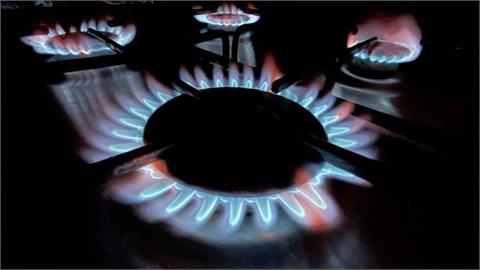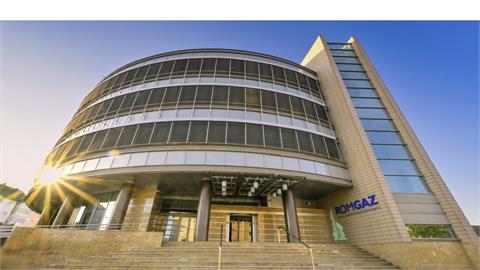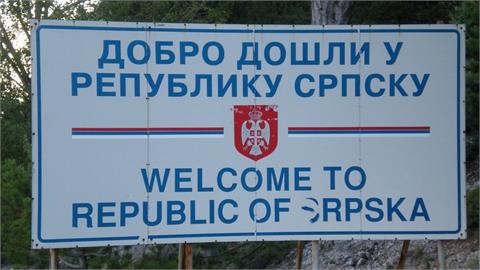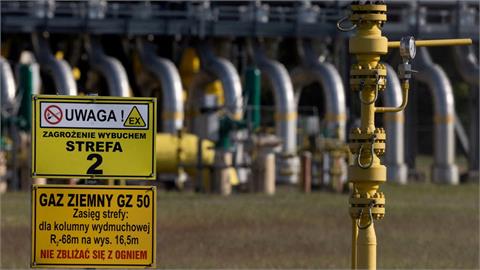Pro-nuclear European Union (EU) countries want nuclear energy to be classified as 'green energy' to pave the way for investments and reduce foreign dependency on energy that would be unaffected by fluctuations in fossil fuel prices while ensuring a climate-friendly transformation.
The EU's green investments list is a classification system for companies, investors and policymakers that provides appropriate definitions of economic activities that can be considered environmentally sustainable.
The EU, which aims to transform Europe into a climate-friendly continent by 2050, is evaluating the steps that can be taken against the recent rapidly increasing energy prices.
The European Commission is expected to announce its final list of green investments in a few months. Considering the many EU countries with nuclear power plants, there is an expectation that nuclear could be considered for classification as a green investment.
Renewable energy sources play an important role in the environmentally-friendly and climate-friendly economic transformation, but as electricity generation from wind, solar and hydro depend on certain weather conditions, these sources are not consistent and fluctuate periodically, necessitating more stable and complementary resources to plug the supply gap.
In recent months, lower power production from hydroelectric power plants in Europe due to drought, and a fall in electricity generation from wind due to climatic conditions have optimized the pivot towards fossil fuel generation.
However, sharp increases in natural gas, coal and oil have been felt as economies recover from the COVID-19 pandemic.
European countries, which meet 90% of their natural gas needs and 97% of oil through imports, were caught unprepared for these price increases.
The decrease in the EU's natural gas reserves made the situation more difficult with colder than normal winter conditions last year.
Gas supplies to Europe from pipelines did not meet expectations at a time when the world experienced higher gas demand and supply shortages. Technical and capacity together with high prices limited the transmission of liquefied natural gas (LNG), preventing demand from being fully met.
European consumers were angered when higher energy prices were passed onto them when natural gas prices and similarly wholesale electricity prices rose to record levels last month, increasing by more than 150% in September compared to the beginning of the year.
The EU’s rationale for these price hikes was down to higher imported fossil fuel costs.
Europe, which wants to lower foreign dependency on energy, foresees the necessity to accelerate investment in renewable energy in the long term in the face of increasing energy prices.
As EU member states determine the energy sources they will use in electricity production, EU member countries with nuclear power plants argue that these power plants emit low carbon, are effective, safe and competitive in the fight against climate change, all the while reducing foreign energy dependency.
France, along with Hungary, Poland, Finland, Bulgaria, Croatia, the Czech Republic, Romania, Slovakia and Slovenia contend that modern reactors can be built in the near future if cooperation between member states increases.
The 10 countries in question relayed their demands to the EU by signing a joint letter this week.
- EU countries and nuclear
France meets 70% of its electricity production from 56 nuclear reactors in the country.
In a bid to increase nuclear energy in the country, French President Emmanuel Macron announced a plan covering an additional investment of €30 billion until 2030 in industry, technology and nuclear.
Six nuclear power plants currently operate in Germany, producing around 12% of the country's electricity. However, the country plans to phase out electricity generation from nuclear power plants by the end of 2022.
Last week, 25 leading foreign and German environmentalists, journalists and academics published a joint letter stating that nuclear reactors in Germany should continue their activities, and adding that abandoning nuclear energy would increase carbon emissions.
The share of nuclear energy in the total electricity production of EU countries is approximately 25%. Out of the 27 EU member countries, 13 use nuclear power plants for electricity generation.
According to the European Nuclear Safety Regulators Group (ENSREG), there are 106 operable nuclear reactors in total in the EU.
In Spain, seven reactors in five nuclear facilities produce nearly 22% of the country's electricity.
The Netherlands has one nuclear reactor that generates 3% of the country’s electricity.
A total of seven reactors operate in Belgium's two nuclear power plants, producing about half of the country's needs.
Six reactors operating in three nuclear power plants in Sweden provide 40% of its electricity, and six nuclear reactors operating in two facilities in the Czech Republic generate approximately one-third of its electricity.
Finland's four reactors in two power plants meet 30% of the country's electricity, and four reactors in Slovakia meet almost half of its electricity needs while two reactors in Bulgaria meet one-third of the country's electricity.
Currently, four nuclear reactors in Hungary produce about half of the country's electricity but preparations are afoot to install two new nuclear power units.
Two nuclear reactors in Romania produce 20% of the country's electricity, and one reactor in Slovenia produces 35% of the country’s power.
(Anadolu Agency, October 18, 2021)



